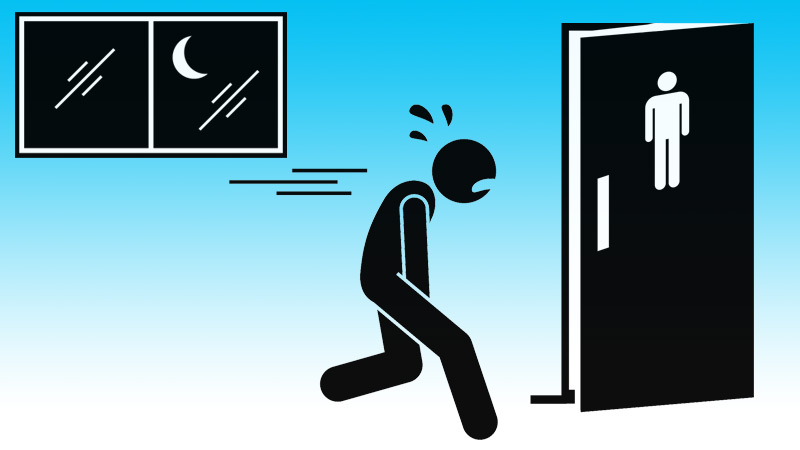Frequent Urination At Night Is A Sign Of High Blood Pressure - Study
Posted by Amarachi on Thu 05th Dec, 2019 - tori.ng
File Photo
A recent study conducted in Japan has found that frequent nighttime urination, called nocturia, may be linked to high blood pressure and high salt intake.
Nocturia is a condition in which people wake up during the night because they need to urinate.
Common causes of frequent trips to the toilet at night include high fluid intake, sleep disorders, and bladder obstruction.
People without nocturia can sleep up to 8 hours without having to urinate, but some may need to get up once during the night — one episode is still considered within normal limits. Individuals with nocturia may get up 2–6 times during the night.
Nocturia may be a sign of other health conditions, including bladder prolapse, a tumour of the bladder or prostate, and other disorders affecting sphincter control. Pregnant women and people with heart or liver failure and diabetes may also experience nocturia.
As we get older, our bodies produce less of an antidiuretic hormone that enables us to retain fluid — this leads to more urine production during the night. Older adults also tend to lose holding capacity and are more likely to have medical issues that impact the bladder.
A team of researchers presented the results of their recent study at the 83rd Annual Scientific Meeting of the Japanese Circulation Society.
According to their findings, trips to the toilet to urinate at night may be linked to excessive salt intake and high blood pressure.
“Our study indicates that if you need to urinate in the night — called nocturia — you may have elevated blood pressure and/or excess fluid in your body,” says study author Dr. Satoshi Konno, of the Division of Hypertension at the Tohoku Rosai Hospital in Sendai, Japan.
Previous research showed that excessive daily salt intake and hypertension have a negative impact on nocturia.














































